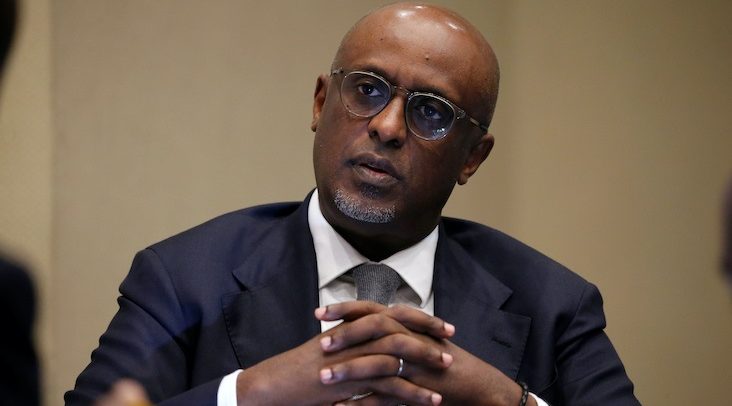Abebe Selassie
Ghana, despite showing positive performance with the International Monetary Fund (IMF)’s $3 billion bailout programme, with reforms yielding results and indications of economic stabilisation becoming clear, has been advised to stay committed to the programme to realise its full benefits.
The advice for effective implementation of structural reforms comes in the wake of the disbursement of the $600 million second tranche to government recently.
According to the IMF’s Director of the African Department, Abebe Selassie, who gave the advice in a webinar Friday from Washington DC, Ghana’s programme with the IMF was being implemented effectively.
“We just went to the board recently with the first programme review following, of course, the policies that the government has been putting in place to address the huge imbalances Ghana was facing last year. And of course, the official creditors are signaling that they will provide debt relief, consistent with what Ghana needs. So, we just went to the Board a couple of weeks ago. We look forward to continuing to support Ghana, consistent with programme implementation,” he stated.
“What I can say is that going forward, it would be really important that Ghana continues to implement the programme that they have developed as envisaged. That is really critical. These programmes are designed to be implemented over three, or four years. And it is important that Ghana sticks to the course and sees the program being implemented over the next three years,” he said.
The central bank confirmed the receipt of the second tranche of $600 million in the latter part of January this year to support government budget and stabilise the country’s currency. So far, total disbursement from the IMF stands at $1.2 billion of the approved $3 billion under the three-year extended credit facility which was granted in May 2022.
Come June this year, the next review of Ghana’s IMF programme will come off aimed in anticipation of receiving the third tranche of close to $360 million.
Ghana is expected to meet the IMF for consensus on expected revenue shortfalls as a result of the suspension of the VAT on power consumption following protests from Organised Labour.
BY Samuel Boadi


